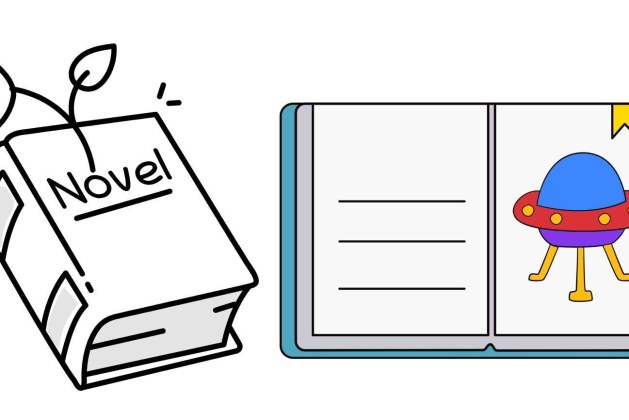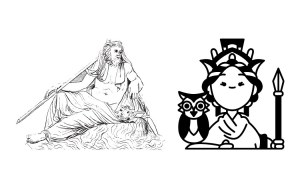The House of the Scorpion is a science fiction novel written by Nancy Farmer. First published in 2002, it is a gripping story that explores themes of identity, morality, and humanity through the journey of Matteo “Matt” Alacrán, a young boy who discovers he is the clone of a powerful drug lord. Set in a dystopian future, the novel combines elements of science, adventure, and philosophical questions, making it a thought-provoking read for both young adults and adults alike.
Overview of the Setting
The story is set in a futuristic world in a country called Opium, which lies between the United States and Mexico. Opium is a drug empire controlled by Matteo’s clone counterpart, El Patrón, a wealthy and ruthless drug lord who uses cloning and advanced science to extend his life and power.
This unique setting serves as the backdrop for exploring ethical issues related to cloning, the value of life, and the abuse of power.
Plot Summary
1. Matteo’s Early Life
The protagonist, Matteo “Matt” Alacrán, is raised by Celia, a kind and loving servant who works for El Patrón. At first, Matt is unaware of his origins, living a quiet life in a small house. However, he discovers the truth when other children discover a tattoo on his foot that labels him as a clone. This revelation leads to his ostracization by others, including the Alacrán family, who consider clones less than human.
2. Life in El Patrón’s Estate
Matt is taken to the lavish yet dangerous estate of El Patrón, where he learns more about his genetic origins and the vast drug empire under El Patrón’s control. Though treated with contempt by most, Matt is protected by El Patrón, who sees him as a younger version of himself.
As Matt grows older, he begins to question El Patrón’s moral choices, particularly his exploitation of others. He also befriends María, a compassionate girl who becomes a moral compass for him, and Tam Lin, a bodyguard who subtly encourages Matt to make better choices than El Patrón.
3. The Conflict of Identity
The central conflict revolves around Matt grappling with his identity as a clone. He struggles with the idea of being treated as less than human and must decide whether he will follow in El Patrón’s footsteps or carve out his own path.
4. El Patrón’s Death
When El Patrón dies, Matt unexpectedly becomes the heir to his drug empire. The laws of the land recognize Matt as the rightful owner because, as a clone, he is genetically identical to El Patrón. This thrusts Matt into a position of immense power and responsibility, forcing him to decide how to wield it.
5. Taking Control of Opium
As the new ruler of Opium, Matt faces many challenges, including dismantling the corrupt systems El Patrón built. He struggles to transform Opium into a just and fair society while dealing with resistance from those who benefited from the old regime. The story ends with Matt beginning to make decisions that reflect his desire to be a better leader and person than El Patrón ever was.
Themes in The House of the Scorpion
- Identity and Humanity: Matt’s journey revolves around the question of what it means to be human. The novel challenges societal prejudices by showing that a person’s worth is not determined by their origins.
- Power and Corruption: El Patrón’s rule demonstrates how unchecked power can corrupt, while Matt’s decisions as a leader show the potential for change.
- Ethics of Cloning: The book raises complex questions about the ethics of cloning and the implications of using science to manipulate life.
- Friendship and Loyalty: Relationships with characters like María and Tam Lin play a crucial role in shaping Matt’s character and his ultimate choices.
Conclusion
The House of the Scorpion is a compelling novel that blends science fiction with moral and philosophical questions. It tells the story of Matteo Alacrán’s journey of self-discovery and growth while tackling complex issues about identity, ethics, and the abuse of power. Nancy Farmer’s storytelling creates a world that is both vivid and thought-provoking, leaving readers to ponder the meaning of humanity and morality long after finishing the book.




Leave a comment